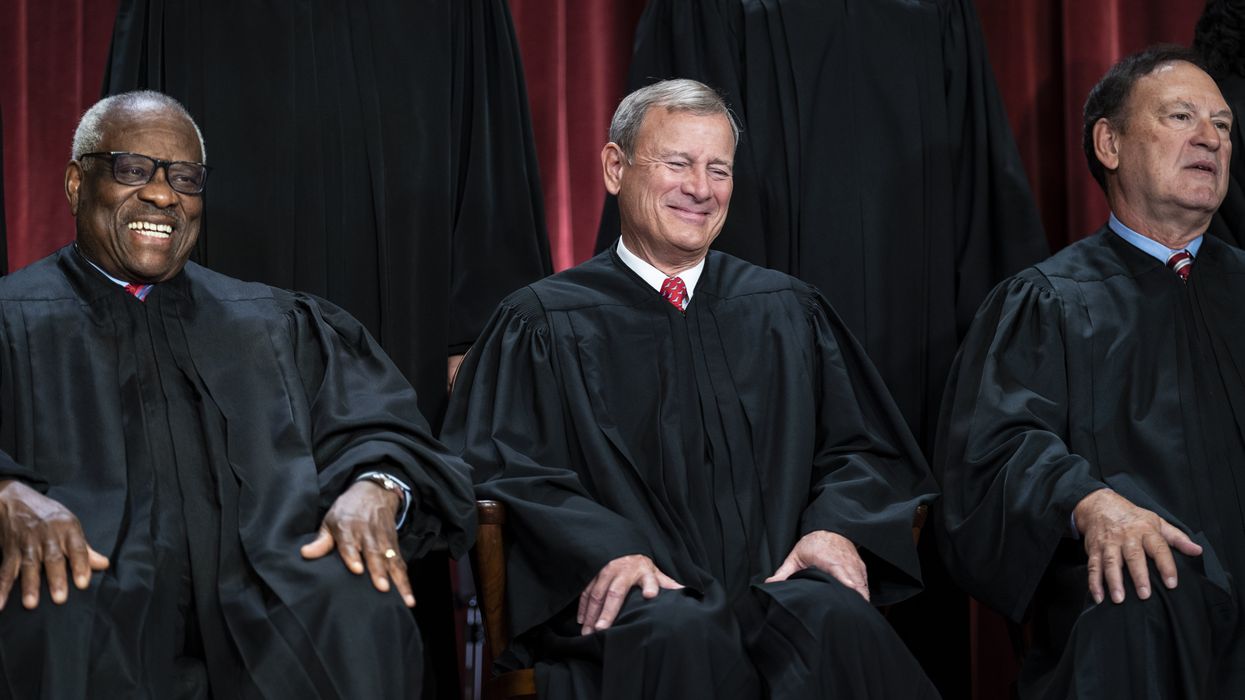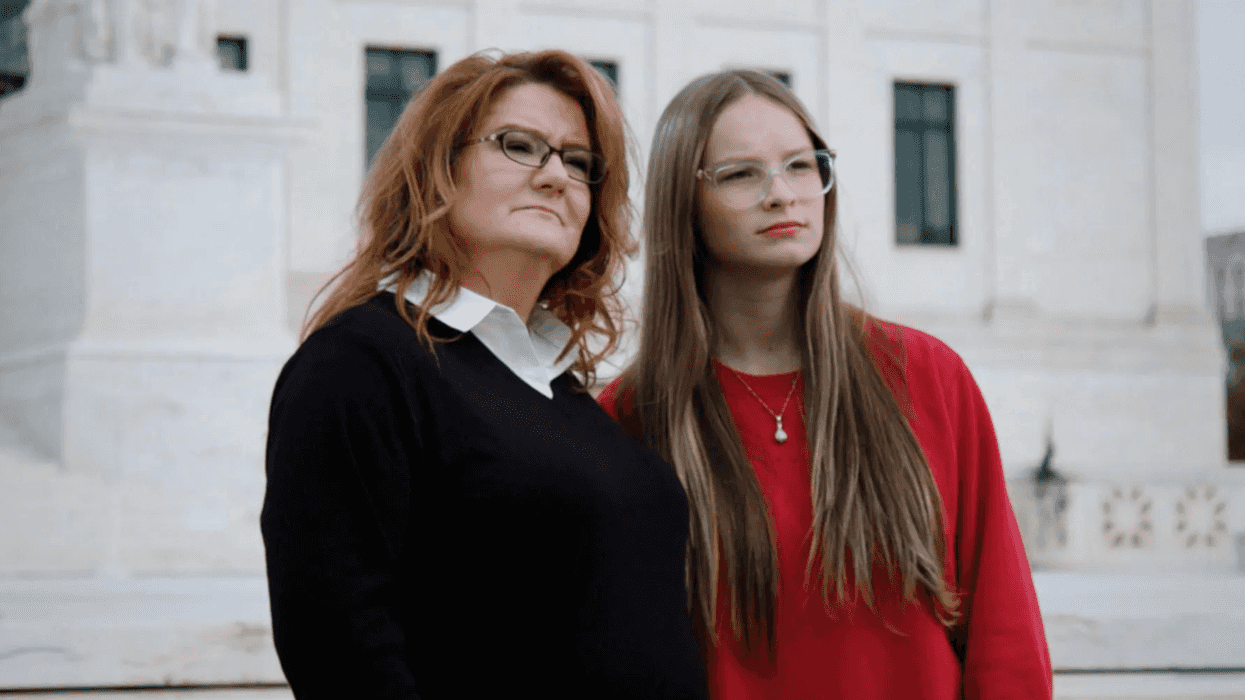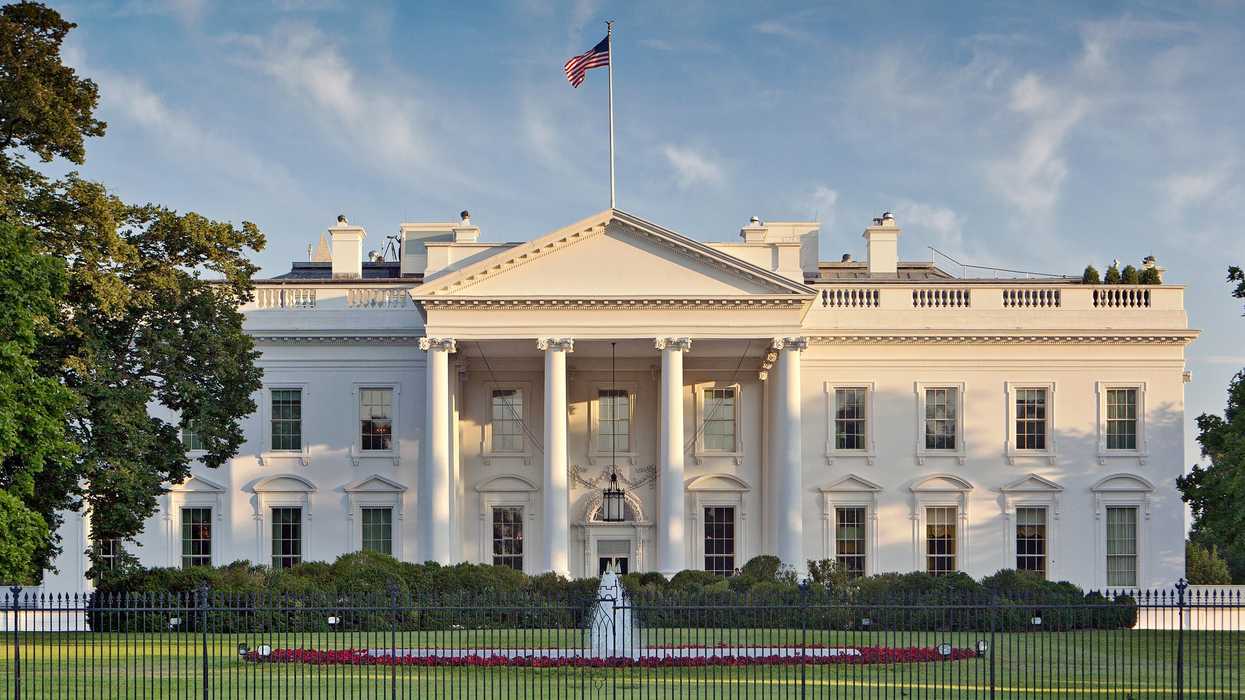Nelson is a retired attorney and served as an associate justice of the Montana Supreme Court from 1993 through 2012.
On June 10, Rep. Alexandria Ocasio-Cortez (D-N.Y.) introduced articles of impeachment against Justices Clarence Thomas and Samuel Alito.
The two resolutions were grounded in the justices’ alleged violation of multiple sections of the U.S. Constitution: Article III (federal judges entitled to hold office during “good behaviour”), Article II (federal judges to be removed from office by impeachment for, and conviction of, treason, bribery or other high crimes and misdemeanors). The resolutions also claim Thomas and Alito violated U.S. laws: ‘‘[a]ny justice, judge, or magistrate judge of the United States shall disqualify himself in any proceeding in which his impartiality might reasonably be questioned,’’ and requiring reporting of the source, description and value of gifts.
The offending justices’ misconduct, as detailed in the two resolutions, is stunning. I would venture that if any judge in a state trial or appellate court were charged with similar conduct, that judge would be referred to appropriate disciplinary authorities, impeached, recalled or otherwise removed from his or her office.
That would certainly be the case in Montana. (Indeed, Montana’s Legislature, attorney general and governor would descend upon the court’s chambers with pitchforks and torches.)
Thomas’ and Alito’s misconduct has been widely and publicly reported. Not surprisingly, however, the high court has done nothing to police its own members or require compliance with ethical standards or federal law.
Seemingly, the members of this country’s highest appellate court consider themselves to be, and operate as if they are, above the law.
For example, Thomas is charged with failing to recuse himself from sitting on numerous cases in which his impartiality might reasonably be questioned. The subject cases concerned challenges to the outcome of the 2020 presidential election, in which his wife Virginia “Ginni” Thomas, had an interest. The details of her interest and the justice’s misconduct are set out in one of the resolutions. Word limitations prohibit a full discussion of those here, but suffice to say that Ginni Thomas’ involvement thoroughly compromised Clarence Thomas’ impartiality.
Thomas is also charged with failing to recuse himself from sitting on numerous proceedings concerning entities in which his wife had a financial interest. Again, the resolution details the story of how Thomas flagrantly violated federal ethics law and betrayed his constitutional oath of office.
Finally, Thomas is charged with violating federal law by failing to disclose the source, description and value of hundreds of thousands of dollars of gifts and amenities he and his wife received over some 15 years from a wealthy individual affiliated with an entity that regularly files briefs before the court.
Similarly, the resolution introduced against Alito details his misconduct. He is charged with failing to recuse himself from cases in which he had a personal bias or prejudice concerning a party — specifically his supporting those persons who incited and executed the Jan. 6, 2021, insurrection.
Like Thomas, Alito is also charged with failing to disclose gifts of luxury travel and amenities given to him by organizations and individuals with interests before the court.
The two justices’ misconduct, detailed in the impeachment resolutions, is appalling. The Supreme Court should set the gold standard for judicial ethics, compliance with federal law and the rule of law. Instead of a model, however, the Roberts Court has made a mockery of all three. Politics and corrupt conduct are tolerated, not punished.
To that point, on Sept. 12, 2021, Justice Amy Coney Barrett gave a speech at the 30th anniversary of the University of Louisville McConnell Center in Kentucky. She rejected claims that decisions by the high court are driven by political views.
Then, in a quintessential display of hypocrisy, Barrett sanctimoniously proclaimed that judges must be “hyper vigilant to make sure that they’re not letting personal biases creep into their decisions, since judges are people too.” She solemnly intoned that the court “is not comprised of a bunch of partisan hacks.”
Based on the two resolutions referred to herein, not to mention the court’s failure to adhere to any code of judicial ethics, federal law and the rule of law, I beg to differ with you, Justice Barrett.
Your court is full of partisan hacks.




















